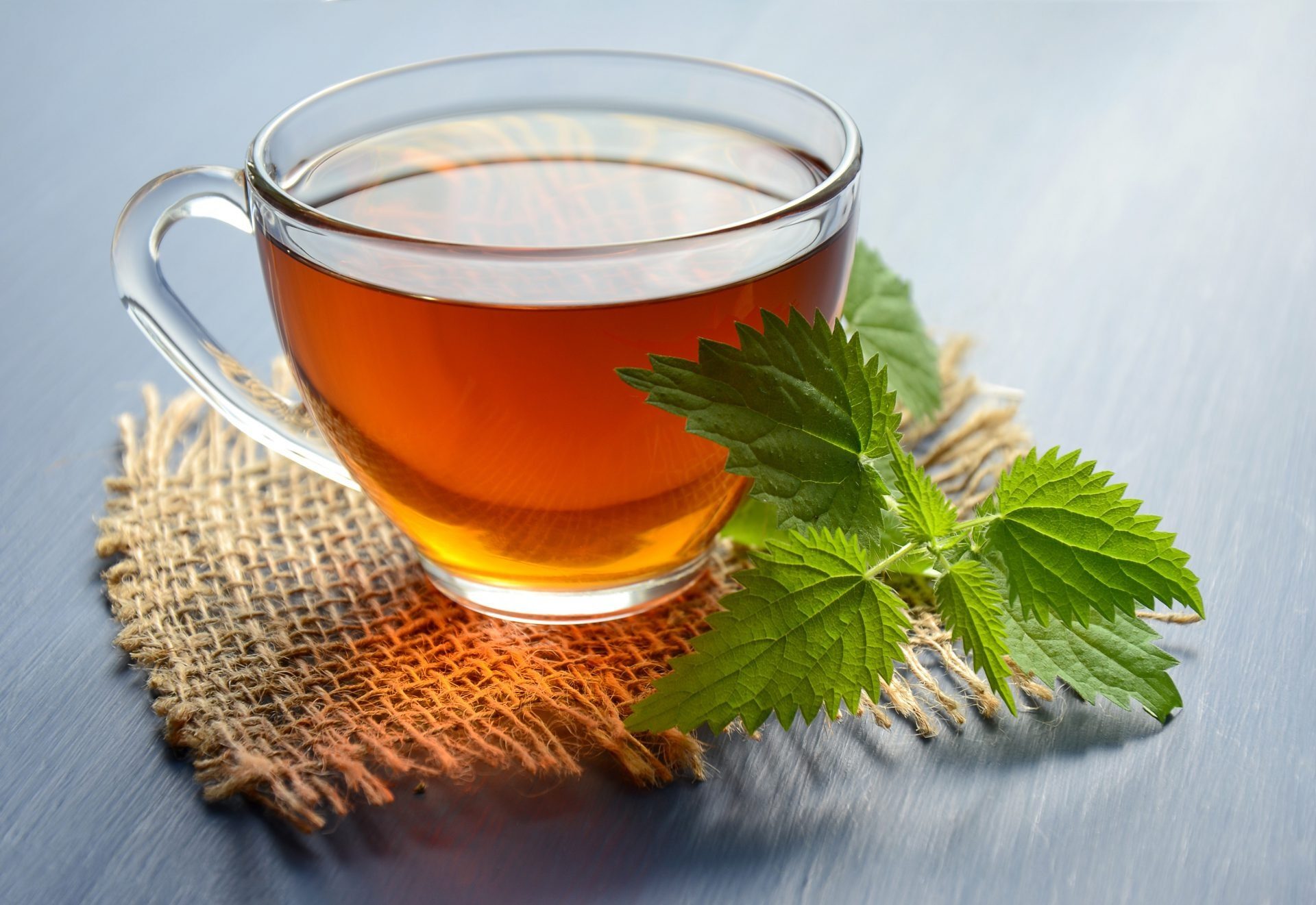
Tea, a beloved beverage worldwide, has a rich history and cultural significance. Did you know that tea is the second most consumed drink globally, right after water? Originating from China over 5,000 years ago, this aromatic drink has traveled across continents, influencing societies and traditions. From the elegant tea ceremonies in Japan to the comforting British afternoon tea, each culture has its unique way of enjoying it. Tea comes in various types, including black, green, white, and oolong, each offering distinct flavors and health benefits. Packed with antioxidants, it can boost heart health and improve mental alertness. Whether you prefer it hot or iced, sweetened or plain, tea offers a soothing experience. Next time you sip your favorite brew, remember you're part of a centuries-old tradition that continues to bring people together.
The Origins of Tea
Tea is one of the world's oldest and most beloved beverages. Its history is rich and steeped in tradition. Let's explore some fascinating facts about its origins.
-
Tea's Beginnings: Legend has it that tea was discovered in 2737 BC by Chinese Emperor Shen Nong when leaves from a wild tree blew into his pot of boiling water.
-
First Tea Drinkers: Initially, tea was consumed as a medicinal beverage in China. It wasn't until the Tang Dynasty (618-907 AD) that it became a popular drink.
-
Tea's Journey to Japan: Buddhist monks brought tea seeds to Japan from China in the early 9th century, where it became an integral part of Japanese culture.
The Global Spread of Tea
Tea's journey from China to the rest of the world is a tale of exploration and trade. Here are some key moments in its global spread.
-
Tea Reaches Europe: Portuguese and Dutch traders introduced tea to Europe in the 16th century. It quickly became a fashionable drink among the elite.
-
British Tea Craze: By the 17th century, tea had become a staple in Britain. The British East India Company played a significant role in its importation.
-
Boston Tea Party: In 1773, American colonists protested British taxation by dumping tea into Boston Harbor, an event that fueled the American Revolution.
Types of Tea
Tea comes in various types, each with unique flavors and characteristics. Let's explore the different kinds of tea.
-
Green Tea: Made from unoxidized leaves, green tea is known for its delicate flavor and health benefits. It's popular in China and Japan.
-
Black Tea: Fully oxidized, black tea has a robust flavor. It's the most consumed type of tea worldwide, especially in Western countries.
-
Oolong Tea: Partially oxidized, oolong tea offers a flavor profile between green and black tea. It's highly prized in China and Taiwan.
-
White Tea: Made from young leaves and buds, white tea is minimally processed, resulting in a subtle, sweet flavor.
-
Herbal Tea: Technically not tea, herbal teas are infusions of herbs, spices, and fruits. Popular varieties include chamomile and peppermint.
Tea Culture Around the World
Tea is more than just a drink; it's a cultural experience. Different countries have unique tea traditions.
-
Chinese Tea Ceremony: Known as Gongfu Cha, this traditional ceremony emphasizes the art of brewing and appreciating tea.
-
Japanese Tea Ceremony: Called Chanoyu, this ritualistic practice focuses on harmony, respect, purity, and tranquility.
-
British Afternoon Tea: A social event featuring tea, sandwiches, scones, and pastries, afternoon tea is a quintessential British tradition.
-
Moroccan Mint Tea: A symbol of hospitality, Moroccan mint tea is made with green tea, fresh mint, and sugar, served in ornate glasses.
Health Benefits of Tea
Tea is not only delicious but also offers numerous health benefits. Let's look at some of the ways tea can improve well-being.
-
Antioxidant Power: Tea is rich in antioxidants, which help combat free radicals and reduce the risk of chronic diseases.
-
Heart Health: Regular tea consumption has been linked to improved heart health, including lower cholesterol and blood pressure levels.
-
Weight Management: Some studies suggest that tea, especially green tea, can aid in weight loss by boosting metabolism.
-
Mental Alertness: The caffeine and L-theanine in tea can enhance focus and concentration, providing a gentle energy boost.
Fun Tea Facts
Tea has some quirky and fun aspects that might surprise you. Here are a few light-hearted facts about this beloved beverage.
-
Tea Bags' Accidental Invention: Tea bags were invented by accident in the early 20th century when a tea merchant sent samples in silk bags, and customers mistakenly brewed them.
-
World's Largest Tea Producer: China holds the title for the largest tea producer globally, followed closely by India.
Sipping the Final Drop
Tea's journey from ancient leaves to modern cups is a fascinating tale of culture, health, and tradition. This beloved beverage isn't just a drink; it's a global connector. From green tea's antioxidants to black tea's bold flavors, each type offers unique benefits and experiences. Whether you're enjoying a calming chamomile or a refreshing iced tea, there's a brew for every mood. The rituals surrounding tea, like the Japanese tea ceremony or British afternoon tea, highlight its cultural significance. Plus, tea's versatility in recipes, from chai lattes to matcha desserts, shows its culinary adaptability. As you sip your next cup, remember the rich history and diverse world behind each brew. Whether you're a seasoned tea lover or just starting, there's always something new to learn and appreciate about this timeless drink. Enjoy your next cup with newfound knowledge and appreciation!
Was this page helpful?
Our commitment to delivering trustworthy and engaging content is at the heart of what we do. Each fact on our site is contributed by real users like you, bringing a wealth of diverse insights and information. To ensure the highest standards of accuracy and reliability, our dedicated editors meticulously review each submission. This process guarantees that the facts we share are not only fascinating but also credible. Trust in our commitment to quality and authenticity as you explore and learn with us.


